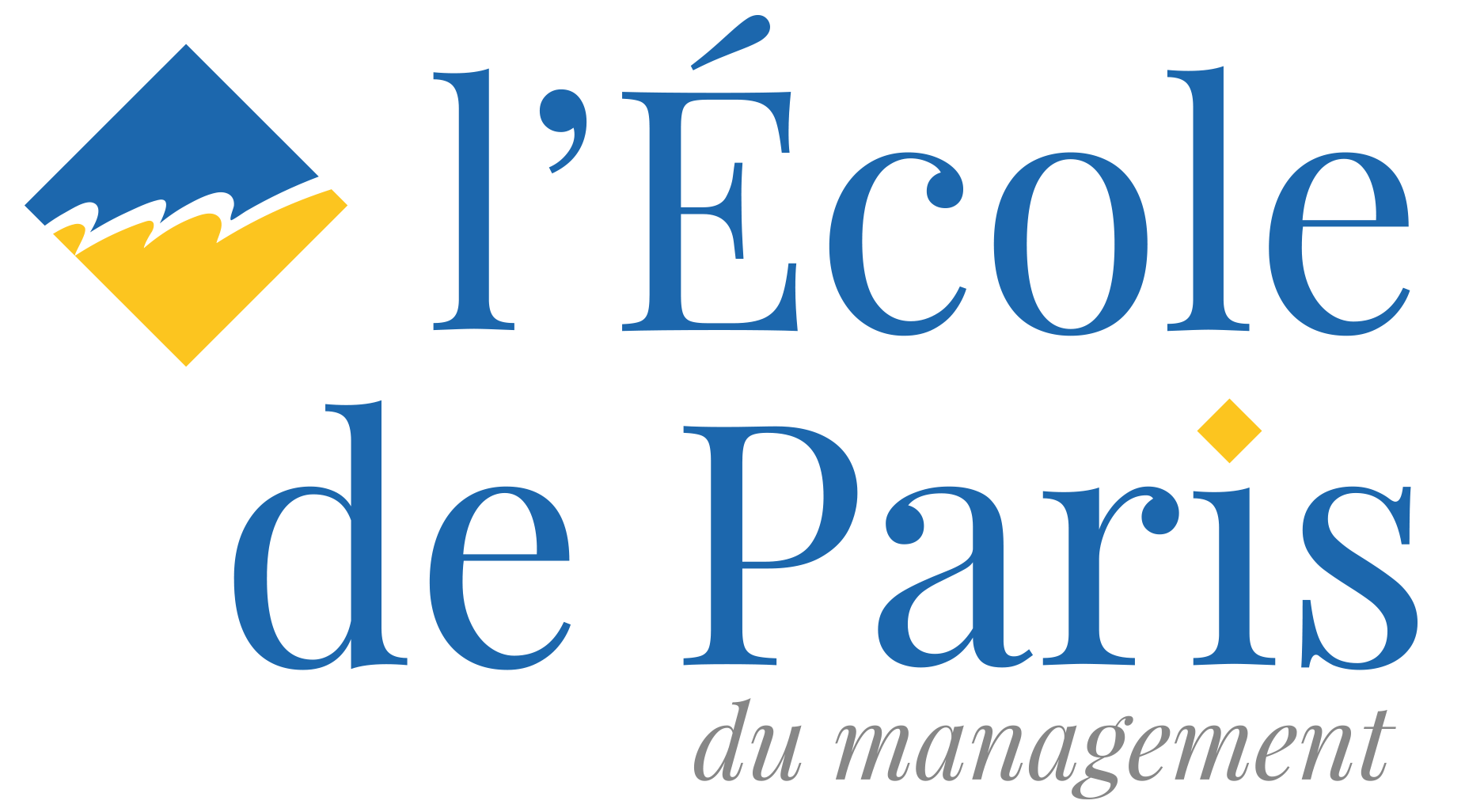CEO, Galeries Lafayette and Monoprix
President of an investment company ; adviser/director of Mars Inc. ;, Former CEO, Royal Canin
Author of De l’entreprise marchande à l’entreprise marquante (Éditions d’Organisation, 2005) and The Marking Enterprise. Business Success and Societal Embedding (Palgrave, 2006)
Author, De l’entreprise marchande à l’entreprise marquante (Éditions d’Organisation, 2005) and The Marking Enterprise. Business Success and Societal Embedding (Palgrave, 2006)
Seminar Guest speakers
|
Monday January 23, 2006
- 19h - 21h15
Economic success stories are the result of companies which continually and gratuitously infringe what are generally accepted to be good management principles. Jean-Claude Thoenig and Charles Waldman maintain that what these companies do anticipates or even creates new values. With many partners, these ‘marking’ companies build new ‘territories’. In an attempt to illustrate this approach, Philippe Houzé describes the story of Monoprix which invented a new concept of shops in town centres at a time when large supermarkets were flourishing in the suburbs. The Monoprix brand name is a pioneer in terms of biological, environmentally-friendly and sustainable development products. In a similar way, Henri Lagarde explains how Royal Canin has now developed the territory of health nutrition. Based on scientific research, the company now even sells food adapted to specific races of animals. The managers of these companies are only too aware of the fragility of their companies’ success. Being a marking company means that one has to reinvent oneself all the time.
The entire article was written by:
Sylvie CHEVRIER
This session was published in issue n°61 of the Journal de l'École de Paris du management, entitled
L'inattendu.



No comments yet